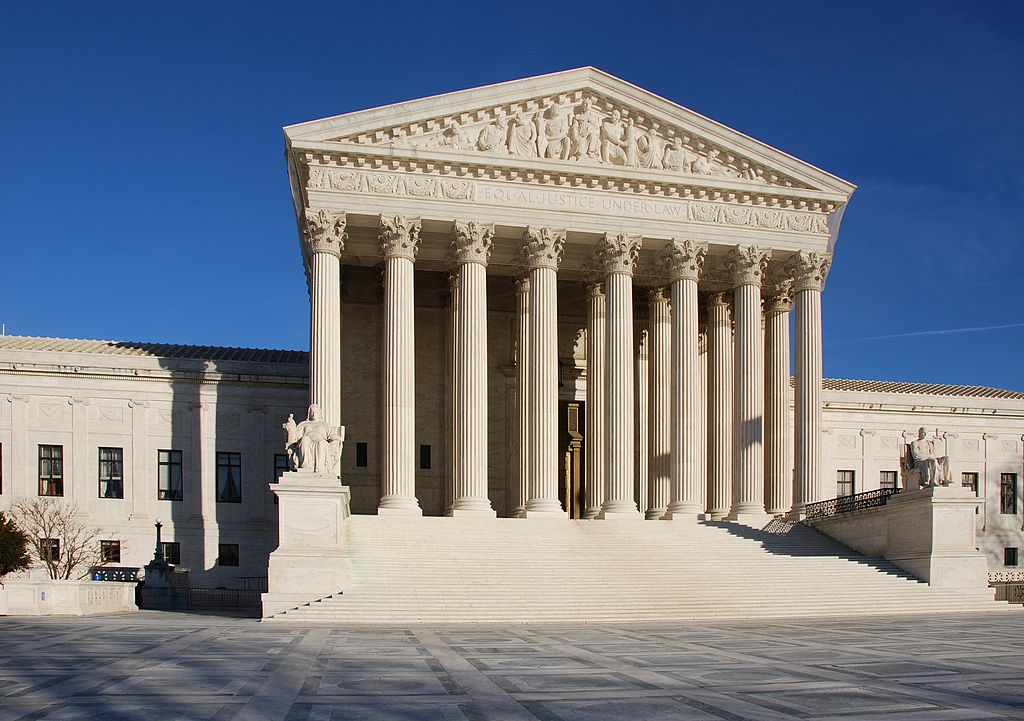On January 14, 2021, the Supreme Court of the United States issued a unanimous ruling in the case City of Chicago, Illinois v. Fulton. The case originated from the U.S. Court of Appeals for the 7th Circuit and concerned retained property under the federal Bankruptcy Code. The case was argued during the court’s October term for 2020-2021 on October 13, 2020. Oral arguments were initially scheduled for April 20 but were postponed in response to public health guidance on COVID-19.
The case: The City of Chicago towed and impounded Robbin Fulton’s vehicle. Fulton filed a petition for Chapter 13 bankruptcy and a repayment plan in federal bankruptcy court. Fulton requested that the City return her vehicle. The City declined to do so. Fulton moved for sanctions against the City of Chicago. The City asserted that it would retain possession of the vehicle and cited an exemption from the Bankruptcy Code’s automatic stay.
The bankruptcy court ruled that the City was required to return the vehicle, imposed sanctions, and sustained Fulton’s objection to the City’s assertion of its status as a secured creditor. The City moved to stay the order, but the court denied the request. The City returned the vehicle and appealed to the 7th Circuit. The court affirmed the bankruptcy court’s ruling.
The issue: “Whether an entity that is passively retaining possession of property in which a bankruptcy estate has an interest has an affirmative obligation under the Bankruptcy Code’s automatic stay, 11 U.S.C § 362, to return that property to the debtor or trustee immediately upon the filing of the bankruptcy petition.”
The outcome: In an 8-0 opinion, the court vacated the 7th Circuit’s ruling and remanded the case, holding that retaining property after a bankruptcy petition is filed does not violate the Bankruptcy Code.
As of January 14, 2021, the court had issued opinions in 11 cases this term. Four cases were decided without argument.
Additional reading:


